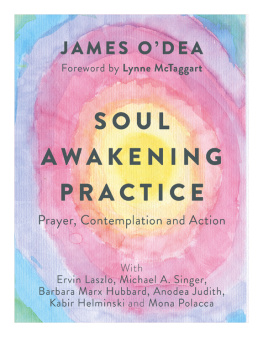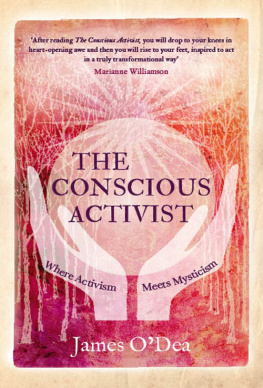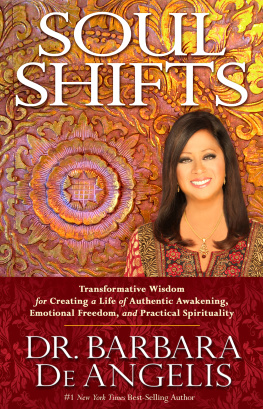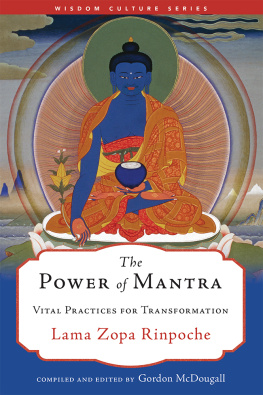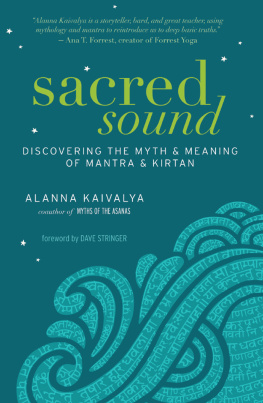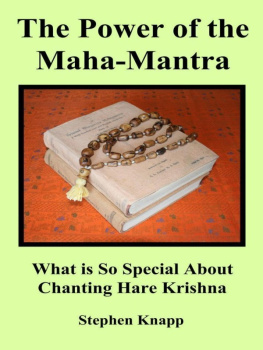James ODea (www.jamesodea.com) is author of The Conscious Activist, Cultivating Peace and other acclaimed works. He is a former president of the Institute of Noetic Sciences; Washington, DC, office director of Amnesty International; and CEO of the Seva Foundation. He worked with the Middle East Council of Churches in Beirut and lived in Turkey for five years. He has taught peacebuilding to over 1,000 students in 30 countries. He has also conducted frontline social healing dialogues around the world. A member of the Evolutionary Leaders group and of the Advisory Board of The Peace Alliance and Kosmos Journal, he also mentors emerging leaders. James is both an activist and a mystic.
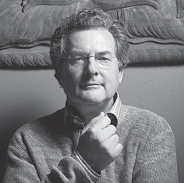
By the same author:
Cultivating Peace: Becoming a 21st-century Peace Ambassador Creative Stress: A Path for Evolving Souls through Personal and Planetary Upheaval
The Conscious Activist: Where Activism Meets Mysticism
SOUL
AWAKENING
PRACTICE
Prayer, Contemplation and Action
JAMES O DEA
Foreword by Lynne McTaggart
With contributions by Ervin Lszl,
Michael A Singer, Barbara Marx Hubbard,
Anodea Judith, Kabir Helminski and Mona Polacca

Meher Baba
Avatar of soul awakening
Acknowledgements
Profound thanks to Kabir Helminski, Anodea Judith, Barbara Marx Hubbard, Ervin Lszl, Mona Polacca and Michael Singer for their powerful contributions to this book and to Lynne McTaggart for her inspired Foreword.
Special thanks to those who immediately saw the power of the Soul Awakening Prayer and to those who have made it a regular part of their spiritual practice including Cheyenne Mendel, Nico Kladis, Marika Popovits, Nora Tunney, William and Brahmi Howell, and Colleen Hall.
Thanks to my beloved family and dear friends like Michael Singer, Tanja Andrejasic-Weschler, Molly Rowan Leach, Ramloti, Marika Popovits, Burt Wadman, Robin Gurung, Seqouyah Trueblood, Suzanne Eugster and Jacqueline Zoe de Bray for constant nurturing friendship and support during lifes darker challenges.
Great thanks to my publisher at Watkins, Jo Lal, for her tireless encouragement and support and to my editor Bob Saxton for his commitment to the heart and soul of this book.
Finally, I acknowledge Meher Baba as the deepest inspiration for my life and work.
Foreword
BY LYNNE MCTAGGART
Author and spokesperson on consciousness, the new physics, and the practices of conventional and alternative medicine.
Its becoming increasingly clear that we have outgrown the rules we live by. The fractures in our global economic model with the increasing divide between rich and poor, the worldwide threats posed by terrorism and major political upheaval, and the twin crises of global warming and exhaustion of the earths natural resources all suggest that something is fundamentally wrong with the way we have chosen to live our lives.
Many influences including philosophy, religion, history have helped to write our story, but our primary modern-day author is science, which fashions most of the big ideas we hold about the way the world works and our place within it. For more than 300 years, largely thanks to the discoveries of British scientists Isaac Newton and, later, Charles Darwin, our worldview has been fashioned by a story of separation and competitive individualism of distinct and isolated entities competing for survival in a universe of limited resource.
With the catchphrase survival of the fittest Charles Darwin unleashed upon the world a metaphor that has come to represent the human experience: life as war. Competition and individual gain are the engines that drive the societies of most modern developed countries the engines of our economy, even of our relationships. Any individual or population supposedly thrives only at another ones expense. This zero-sum metaphor, which is a leitmotif in all our lives, reflects the very same mindset that has created every one of the large global crises now threatening to destroy us.
That scientific story is now obsolete. Were on the brink of a revolution in science that challenges every one of our cherished beliefs about how the universe operates and how we define ourselves. An entirely new scientific story is emerging that has overturned many of our basic Newtonian and Darwinian assumptions, including the most basic premise of all: the sense of our world as a set of separate entities in competition for survival.
The latest evidence from quantum physics demonstrates that the universe is not a collection of individual, self-contained phenomena operating according to fixed laws in time and space, but a dynamic relationship, an irreducible whole, in which matter is now understood to exist in a vast quantum web of connection. Frontier biologists, psychologists and sociologists have all discovered that individuals are far less individual than we thought they were. As the latest evidence reveals, cooperation and partnership, not dominance, is fundamental to the biological makeup of all living things. In fact, natures most fundamental drive is not competition, but wholeness.
These discoveries carry vast implications, not only about how we choose to define ourselves, but also about how we ought to live our lives. They suggest that most of us are living counter to our true nature. But applying these lessons in some practical way requires nothing less than making ourselves anew. They demand a drastic change in the way we relate to ourselves and all other living things, a new way of seeing, a new mindset that respects unity and connection over competition and separation. To achieve this, we need to adopt a new definition of what it means to be human. We need some new rules to live by.
James ODea has long been the passionate author of a new rulebook, first as former director of the Washington, DC, office of Amnesty International, and then as president and now on the extended faculty of the Institute of Noetic Sciences and co-director of the Social Healing Project. He is both visionary and peacemaker; consequently, his definition of peace extends beyond the simple cessation of fighting, or the victory of one side or another, for he recognizes that individual pain can contaminate entire societies. We live, as he says in this book, in a world of wound contagion. Divided societies represent not simply a war against individuals or ethnic groups but, as the German theologian Geiko Mller-Fahrenholz once put it, a war of the world with itself.
James ODeas mission is to help individuals and groups recover their sense of unity by smoothing the way for warring sides to reconcile and forgive. For a decade he and Dr Judith Thompson co-hosted compassion and social healing dialogues, which invited frank confrontation between members of highly divided social and political groups Republican and loyalist Northern Irish, Turkish and Greek Cypriots, Israelis and Palestinians in an attempt to heal shared wounds.
During those dialogues James guided participants in ways to move the emphasis away from who is right and who is wrong, and toward who is wounded and how to heal. He discovered certain processes of deep listening and dialogue to be the most powerful of healers far more than punishment or even restitution. Their effectiveness comes from dismantling both perpetrator and victim, allowing each to acknowledge the deep truth of an experience and his or her bond in that history. Central to this process was the opportunity for deep understanding of both pain and shame, which ultimately proved the catalyst for liberating people from hurt and guilt. Both sides were encouraged to see themselves as part of a greater whole, and their disagreement as something akin to an interrupted connection.
Next page
